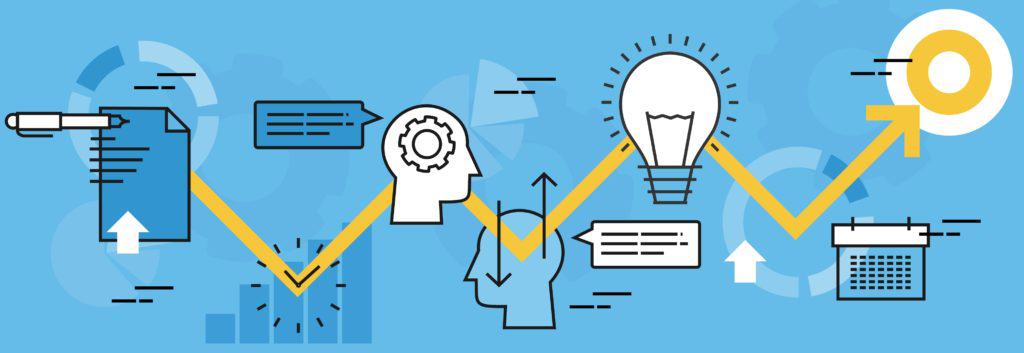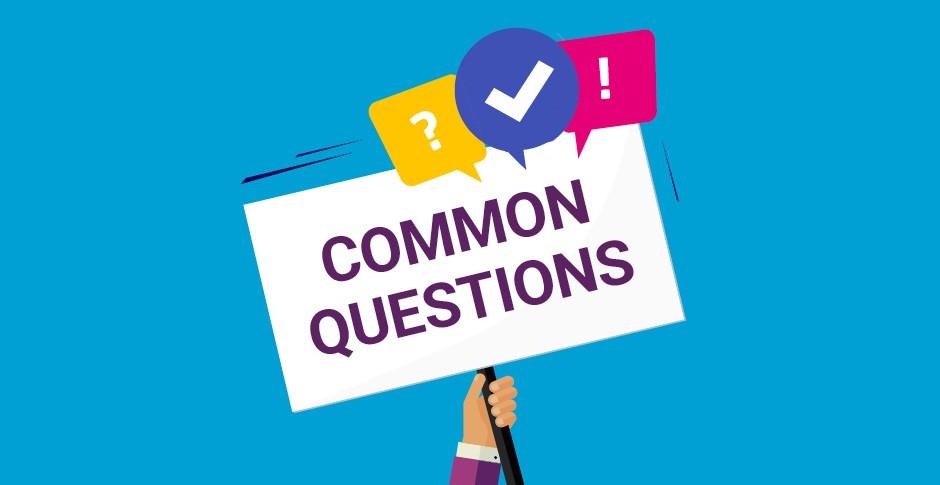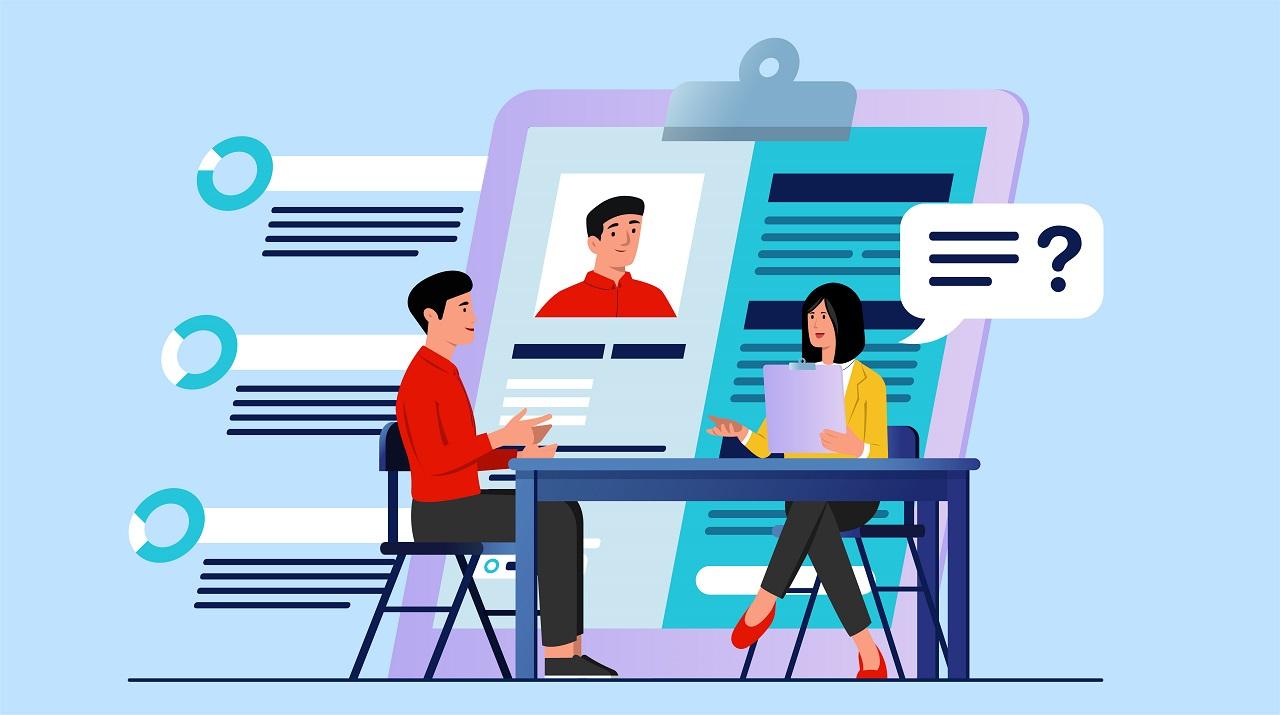Job interviews play a crucial role in identifying the right candidate for a position. While traditional interview questions help assess qualifications and skills, incorporating unique and thought-provoking questions can provide deeper insights into a candidate’s personality, problem-solving abilities, and creativity.
Explore the power of unique job interview questions and how they can enhance the hiring process. From superhero superpowers to deserted islands, these unconventional questions encourage candidates to think outside the box and reveal their true potential. Discover how to create a list of compelling interview questions can unlock a whole new level of finding your best match.
How To Prepare For An Interview As An Employer
Preparing for an interview as an employer is crucial to ensure that you identify the most suitable candidate for the position. Here are some steps and considerations to help you prepare effectively:
- Define the Job Requirements: Clearly outline the qualifications, skills, and experience necessary for the role. This will help you create a targeted interview process and evaluate candidates accordingly.
- Review Resumes and Application Materials: Thoroughly review the resumes and application materials of the candidates who will be interviewed. Take note of their relevant experience, education, skills, and any potential red flags or questions you may have.
- Develop Interview Questions: Prepare a list of questions that will help you assess the candidates’ suitability for the position. Ask about their relevant experience, problem-solving skills, work ethic, and their ability to work in a team. Behavioral questions that explore past experiences can provide valuable insights into their capabilities and decision-making processes.
- Plan the Interview Structure: Decide on the format and structure of the interview. Will it be a one-on-one interview, a panel interview, or a combination of both? Determine the order of the questions and the allocated time for each section.


Consider Skills Assessments or Tests:
Depending on the nature of the job, you may want to incorporate skills assessments or tests to evaluate candidates’ proficiency in specific areas. These can be conducted before or during the interview process.
- Gather Relevant Documentation: Collect any relevant documents or records, such as the candidates’ applications, resumes, reference letters, or any other supporting materials they have provided. Having these readily available will help you refer back to specific details during the interview.
- Familiarize Yourself with the Candidates: Take some time to research the candidates by reviewing their online presence, such as LinkedIn profiles or professional websites. This will give you an idea of their background and accomplishments and help you tailor your questions to their experiences.
- Review Legal and Ethical Considerations: Familiarize yourself with local labor laws, non-discrimination policies, and any legal requirements pertaining to the hiring process. Ensure that your interview questions and assessment methods comply with these regulations.
Create an Interview Evaluation Form:
Develop an evaluation form or scorecard to assess each candidate consistently. This can help you compare candidates objectively based on predetermined criteria.
- Prepare the Interview Environment: Set up a comfortable and professional interview space that allows for privacy. Ensure that any necessary equipment, such as a laptop or projector, is ready for use if needed.
- Communicate with Candidates: Send interview invitations to the selected candidates, specifying the date, time, and location of the interview. Provide any additional information they may need, such as parking details or instructions for virtual interviews.
- Arrange the Interview Schedule: Plan the interview schedule, allowing sufficient time between interviews to reflect and complete evaluation forms. Avoid scheduling back-to-back interviews that may cause you to rush or become fatigued.
- Anticipate Follow-up Questions: Consider potential questions that candidates may have about the position, the company, or the interview process. Being prepared to answer these questions will demonstrate your knowledge and engagement.
- Revisit Company Culture and Values: Remind yourself of your company’s mission, values, and culture. Assess how well candidates align with these aspects during the interview process.
- Prepare Yourself Mentally: Take time to relax and mentally prepare for the interviews. Clear your mind, focus on the task at hand, and approach each interview with an open and unbiased mindset.
Interviews should be a two-way process, allowing candidates to evaluate your organization as much as you evaluate them. Being well-prepared will not only help you identify the right candidate but also contribute to a positive and professional interview experience for both parties involved.
The Type Of Questions Your Can Ask Your Future Employees


When conducting an interview, it’s important to ask a combination of behavioral, situational, and technical questions to assess a candidate’s qualifications, skills, and fit for the role. Take a look at the sample questions you can consider:
Behavioral Questions:
– Can you describe a situation where you faced a significant challenge at work and how you resolved it?
– Tell me about a time when you had to work collaboratively with a difficult team member. How did you handle it?
– Give me an example of a time when you had to prioritize multiple tasks or projects with competing deadlines. How did you manage your time and ensure successful completion?
– Can you share an instance when you took the initiative to improve a process or implement a new idea in your previous role?
– Describe a situation where you had to handle a dissatisfied customer or resolve a difficult customer service issue. How did you manage it?
Situational Questions:
– How would you handle a situation where a team member consistently underperforms?
– If you were faced with a tight deadline and realized that you wouldn’t be able to complete the project on time, what steps would you take?
– Imagine you’re assigned a project outside your area of expertise. How would you approach it and ensure successful completion?
– How would you handle conflicting priorities from different stakeholders or departments?
– If you disagreed with a decision made by your supervisor, how would you address it?
Technical Questions:
– Based on your experience, can you explain how you would handle [specific task or process relevant to the role]?
– What programming languages, software, or tools are you proficient in? Can you provide an example of a project where you used these skills?
– Can you walk me through your experience with [specific technology or system] and how you’ve utilized it in your previous roles?
– How would you troubleshoot a technical issue or error in [relevant area]?
– Can you provide an example of a project where you successfully implemented [specific skill or technology] to achieve a specific outcome?
Culture and Fit Questions:
– What interests you most about our company and this position?
– How do you approach working in a team environment? Can you provide an example of a team project you’ve worked on?
– How do you stay updated on industry trends and advancements related to this field?
– What is your preferred work style and environment?
– How do you handle feedback and criticism from supervisors or colleagues?
Adapt and tailor these sample questions based on the specific requirements of the role and the industry. Additionally, allow candidates enough time to provide detailed responses and encourage them to provide specific examples from their past experiences. Active listening and follow-up questions will help you gain deeper insights into their qualifications and capabilities.
Sample Questions You Can Ask Potential Employees For Different Positions


Sales Representative:
– Can you describe a sales deal or project you worked on from start to finish? What strategies did you employ to close the deal successfully?
– How do you build and maintain relationships with clients? Can you provide an example of a long-term client relationship you cultivated?
– How do you handle rejection and setbacks in a sales role? Can you share an example of a time when you faced a difficult sales situation and how you handled it?
Project Manager:
– Can you walk me through a complex project you managed? How did you define project scope, set goals, and ensure timely delivery?
– How do you prioritize tasks and allocate resources in a project? Can you provide an example of a time when you successfully managed competing priorities and resources?
– How do you handle project risks and challenges? Can you share a situation where you encountered a major obstacle and how you resolved it?
Software Engineer:
– Can you describe a recent software development project you worked on? What challenges did you face, and how did you overcome them?
– How do you approach collaborating with other developers or cross-functional teams? Can you provide an example of a successful collaboration experience?
– How do you stay updated on emerging technologies and industry trends? Can you share an example of how you implemented new technologies in a project?
Human Resources Manager:
– How do you approach the recruitment and selection process? Can you describe a time when you successfully identified and hired top talent for a position?
– How do you handle employee conflicts or difficult conversations? Can you provide an example of a challenging employee relations situation you managed?
– How do you ensure compliance with labor laws and regulations in your HR practices? Can you share an experience where you implemented a new policy to ensure compliance?
Marketing Specialist:
– Can you share a successful marketing campaign you developed and executed? What channels did you utilize, and how did you measure its effectiveness?
– How do you conduct market research and identify target audiences? Can you describe a time when you used market research to inform a marketing strategy?
– How do you stay creative and innovative in your marketing approach? Can you provide an example of a unique marketing idea you implemented?
Once again, adapt these questions to your own company and job opening requirements. Encourage candidates to provide specific examples from their previous experiences to demonstrate their skills and capabilities.
Unique Interview Questions You Can Ask Candidates


As a bones, here are some unconditional job interview questions that can provide valuable insights into candidates’ personality, problem-solving abilities, and creative thinking:
- If you were a superhero, what would your superpower be, and how would you use it in this job role?
- If you could have dinner with any historical figure, who would it be, and why?
- If you could start your own business tomorrow, what would it be, and why?
- Tell me about a time when you took a risk or stepped outside of your comfort zone. What was the outcome, and what did you learn from it?
- If you were stranded on a deserted island, what three items would you want to have with you, and why?
- If you could describe yourself as a flavor of ice cream, what flavor would you be, and why?
- Tell me about a hobby or personal interest that you’re passionate about. How does it contribute to your personal and professional growth?
- If you had the opportunity to travel back in time, which era would you choose, and why?
- Describe a project or task you completed that you are particularly proud of. What made it meaningful to you?
- If you could switch roles with anyone in the company for a day, who would it be, and why?
- Tell me about a time when you encountered a problem for which there was no existing solution. How did you approach it, and what was the outcome?
- If you were given an unlimited budget and resources, what project or initiative would you undertake to benefit the company?
- Share an example of a time when you had to work with a diverse team or collaborate with people from different backgrounds. How did you ensure effective communication and cooperation?
- If you could eliminate one common workplace practice or process, what would it be, and why?
- Describe a situation where you received feedback or criticism that initially challenged you. How did you handle it, and what did you learn from the experience?
Why Should You Ask Unconditional Questions?
Such questions can provide a glimpse into candidates’ personality, thought processes, and ability to think outside the box. They can encourage candidates to reflect and showcase their unique perspectives and qualities. Balance them out with more traditional questions to ensure a comprehensive evaluation of the candidate’s suitability for the role.
Conclusion
Job interviews need not be limited to the same old routine of asking standard questions. When incorporating unique job interview questions, employers can gain a deeper understanding of candidates’ personalities, creative thinking, and problem-solving skills. Thought-provoking questions provide opportunities for candidates to showcase their uniqueness, passion, and ability to think on their feet. Moreover, they create a memorable and engaging interview experience that can set your organization apart.
Embrace the power of unique interview questions and unlock a new dimension of insights during your hiring process. Remember, it’s the diversity and exceptionality that can truly transform a company and drive it towards success.





















Leave a Reply
View Comments